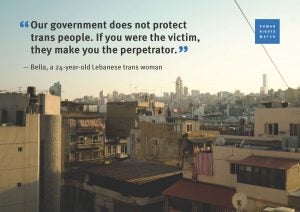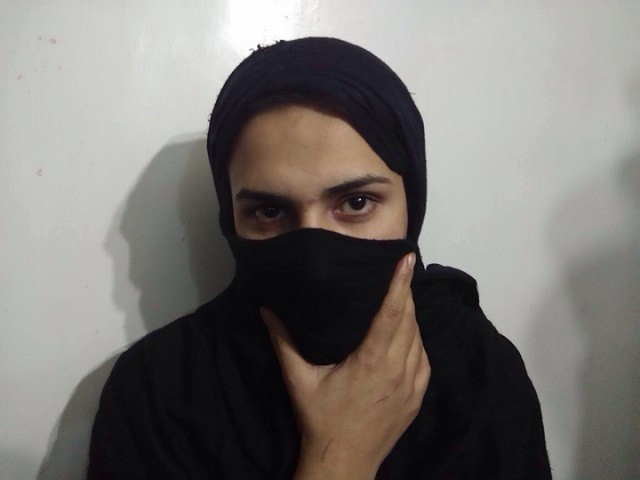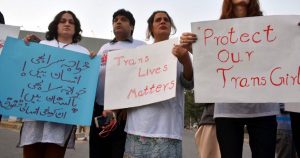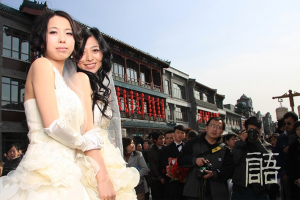This Op-Ed will focus on sexuality based violence and discrimination against asexual individuals by both those within the LGBTQ+ Community and those outside of it, stemming from the problem of microagressions as the building blocks of further hate crimes, prejudice, and discrimination as demonstrated by GALOP’s Acephobia and Anti-Asexual Hate Crimes section.
As an openly asexual woman (she/they), I have experienced negative interactions based on my sexuality before. These experience stem from acephobia or aphobia (discrimination or prejudice against asexual individuals). Mostnotably, a specific altercation based on the assumption that asexuality is not a real sexuality in an attempt to ‘disprove’ my sexuality, and not a part of the LGBTQ+ Community and is thus just an identity to garner “minority points”—as if we are all in some sort of competition of who experiences the most marginalization. This is simply not the case; every person within the LGBTQ+ community faces unique forms of discrimination, stereotyping, prejudice, etc., based on their intersectional identity. For example, a black lesbian woman, such as black feminist activists Audre Lorde (a notable poet) and Barbara Smith (a primary author of The Combahee River Collective involved in the National Black Feminist Organization) would face the triple jeopardy (stemming from a black feminist theory of multiple oppressions, jeopardy, and consciousness that comes with being a woman and person of color) of being black, of being a woman, and of being a lesbian in a society dominated by the white heteronormative (pertaining to the dominance of heterosexuality and heteromanticism as the default orientations our society revolves around and caters to) patriarchy (the dominance of maleness at the top of the social power pyramid in gender dynamics).
These hegemonies (dominant cultural ideals) of which demographics of race, gender, sexuality, social class, etc., have the most privilege and power in society compound on and interact with one another to form one’s full and unique intersectional (interaction of all traits of an individual impacting their status in society and subsequent advantages and disadvantages, such as race, gender, and class) identity.
Those on the asexual spectrum (aspec) may identify as asexual, grey-ace, demisexual, or anywhere else or in between on said spectrum. Per the split attraction model, the model that divides sexual and romantic attraction into two distinct categories (so, for example, one could be asexual and biromantic, asexual and aromantic, asexual and homoromantic, etc.), a further intersectionality exists when we take into account gender identity, sexual orientation, and romantic orientation, in addition to all previously discussed demographic factors, demonstrating just how diverse the LGBTQ+ Community is and how accepting and open those within it need to be to all people within the community for the mental health and well-being of asexual and all LGBTQ+ youth and individuals. The mental health of asexual individuals can be strongly impacted by their level of acceptance by their peers both within the LGBTQ+ community and outside of it.
Many aspec individuals have experienced some form of microaggression (an indirect action or statement that is subtly discriminatory or prejudiced to an individual or group) in which their sexuality has been reduced to simply “not finding the right one” or a personality trait in which one is viewed as cold or robotic due to their apparent lack of attraction. Much like how in other communities microagressions are a gateway to something much more sinister, some aspec individuals have experienced threats of death, corrective rape or harassment, and conversion therapy, very similar to other groups within the LGBTQ+ Community. Comparable to how even within the transgender community we see a divide between those that believe one requires certain medical surgeries to truly be considered transgender (commonly referred to as transmedicalist), often on social media sites, many within the asexual community on AVEN’s (The Asexual Visibility and Education Network) message forums have experienced policing within the community as well on the ‘correct’ way to be asexual, which often excludes demisexual and grey-ace individuals. These microagressions and words of hate within the community may seem surprising to some, but this appears to be a common issue within many minority communities in an attempt to portray the overall group in a certain light and avoid certain stereotypes or attempts at delegitimization. In 2020 I wrote a poem for AVEN’s Newsletter, AVENues, on the issue of gatekeeping within the LGBTQ+ Community entitled G-Not For Gatekeeping.
Microagressions, cyberbullying, etc., are all experiences that many asexual, LGBTQ+ and other members of marginalized minority groups have experienced. These microagressions towards asexuals are tied into compulsory sexuality (the prevalence of the force of sexuality upon individuals due to us living in a culture dominated by sexuality, which may be difficult for many asexuals). Unique to LGBTQ+ and asexual individuals comes the issue of conversion therapy (programs designed to change the gender or sexual orientation of an individual in an effort to ‘cure’ them). Conversion therapy and medicalizing and pathologizing asexuality leads to direct harm to asexuals extending into hate crimes. These crimes can be violent and mentally detrimental to the lives of asexuals; an extreme example being corrective rape or harassment as a way to fix an asexual individual or prove to them that they are not truly asexual. We must be vigilant against microagressions and reflect upon how they can lead to more extreme forms of discrimination and violence against sexual minorities.




 Nancy, a 35-year-old transgender woman living in Beirut, Lebanon, was woken by armed and masked General Security personnel and was arrested and was taken to a detention facility along with other transgender women. She was tortured and was coerced into confessing to fabricated charges of prostitution. She was thrown into an all-male cell, denied medication for her heart condition, access to a lawyer, and was forced to go through HIV testing despite it being illegal under Lebanese law. She was barely given food and water for nearly ten days during her arrest and when she asked to see a doctor, the guards said, “Leave him to rot and die.”
Nancy, a 35-year-old transgender woman living in Beirut, Lebanon, was woken by armed and masked General Security personnel and was arrested and was taken to a detention facility along with other transgender women. She was tortured and was coerced into confessing to fabricated charges of prostitution. She was thrown into an all-male cell, denied medication for her heart condition, access to a lawyer, and was forced to go through HIV testing despite it being illegal under Lebanese law. She was barely given food and water for nearly ten days during her arrest and when she asked to see a doctor, the guards said, “Leave him to rot and die.”

